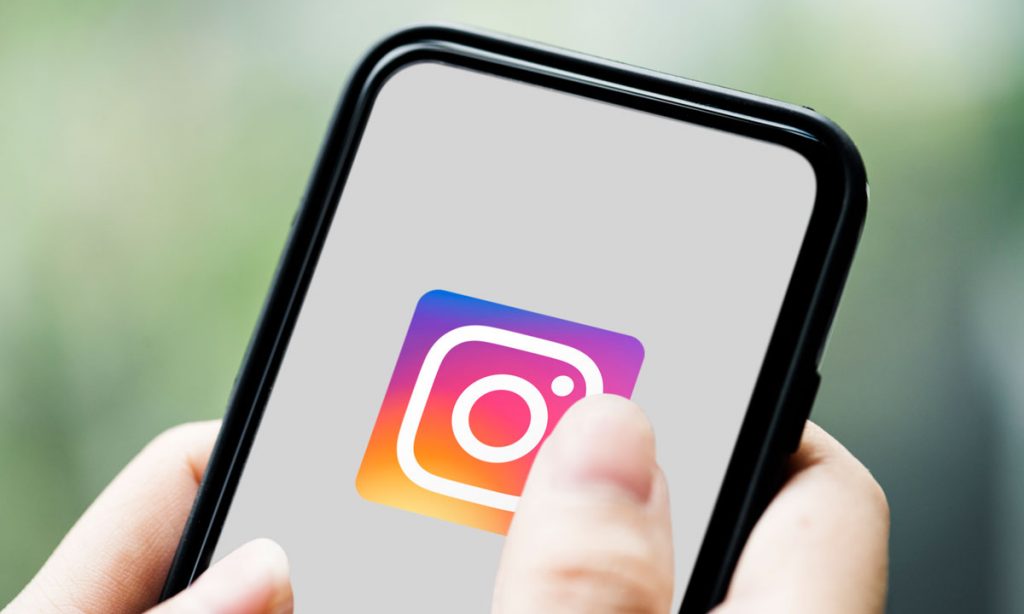The feature will roll out this month, with Facebook working with third party companies who will provide fact checkers to reign in false information.
Among Instagram and Facebook’s new batch of updates, there’s a “false information” label, which aims to prevent the spread of fake news. The feature will blur out any questionable post, letting you know the contents were flagged.
Over the next month, content that has been rated “false” or “partly false” by an independent fact-checker will be more prominently labeled so you can better understand if information you’re seeing is reliable. pic.twitter.com/TPgOjL6HIK
— Instagram (@instagram) October 21, 2019
Facebook, which owns Instagram, announced that the feature will roll out this month on both social media sites and that they would be working with third party companies that would provide them with fact checkers, ensuring that each flagged post deserves to be flagged.
RELATED: Influencers Are Charging People To Be Their ‘Close Friends’ On Instagram
Although people will still be able to share flagged posts in their stories and news feeds, these posts will remain with the “false information” label intact. “Independent fact-checkers say this post includes false information. Your post will include a notice saying it’s false. Are you sure you want to share?” the notification will read.

On October 21, Facebook released a press release explaining that they wanted to prevent the spread of misinformation from messing with politics and the upcoming presidential election:
“In addition to clearer labels, we’re also working to take faster action to prevent misinformation from going viral, especially given that quality reporting and fact-checking takes time. In many countries, including in the U.S., if we have signals that a piece of content is false, we temporarily reduce its distribution pending review by a third-party fact-checker.”
RELATED: 5 Ways To Spot Fake Instagram Followers
These new security measures are some of Facebook’s most aggressive ways of tackling fake news and the spread of misinformation on social networking sites, and it might be the first time that the company admits to playing a role in the 2016 elections. Aside from that, Facebook will also be flagging posts that imply voting is a waste of time or that contain threatening and violent content. We’ll have to wait and see if these measures make a difference.


